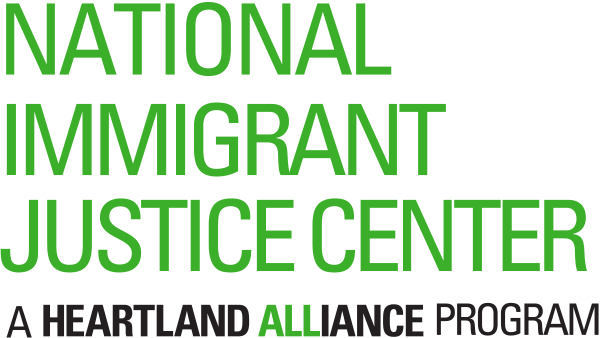The heart-crushing photograph of Óscar Martínez Ramírez lying with his young daughter on the bank of the Rio Grande River has shocked the global consciousness and raised awareness of the treacherous path migrants face when trying to seek asylum at the southern border. The story behind the photo unmasks the gross harm inflicted on immigrants as a result of the Trump administration’s militarized border policies.
Just weeks ago, I traveled to the U.S.-Mexico border representing the National Immigrant Justice Center (NIJC) and witnessed firsthand how policies that block families from seeking asylum are forcing people to choose between waiting in Mexico, where they face extortion and kidnapping, and crossing deadly terrain to make it to U.S. soil. Notwithstanding this reality, yesterday, Congress approved $4.6 billion in funding for “border aid,” with few meaningful accountability standards, giving the White House more ammunition to implement its hateful and anti-immigrant deterrence policies.
Blocked from entering
Turning people away who are trying to entering lawfully is a violation of U.S. and international asylum law. Nonetheless, the administration is doubling down on policies blocking asylum seekers from entering the United States, such as the “Remain in Mexico” policy and “metering” (limiting the number of people given a chance to claim asylum) – policies that inflict serious violence against migrants and fuel organized crime. Matamoros, Tamaulipas, is one city in northern Mexico where metering leads to hundreds of migrants waiting weeks, sometimes months, on lists to pass through the port of entry.
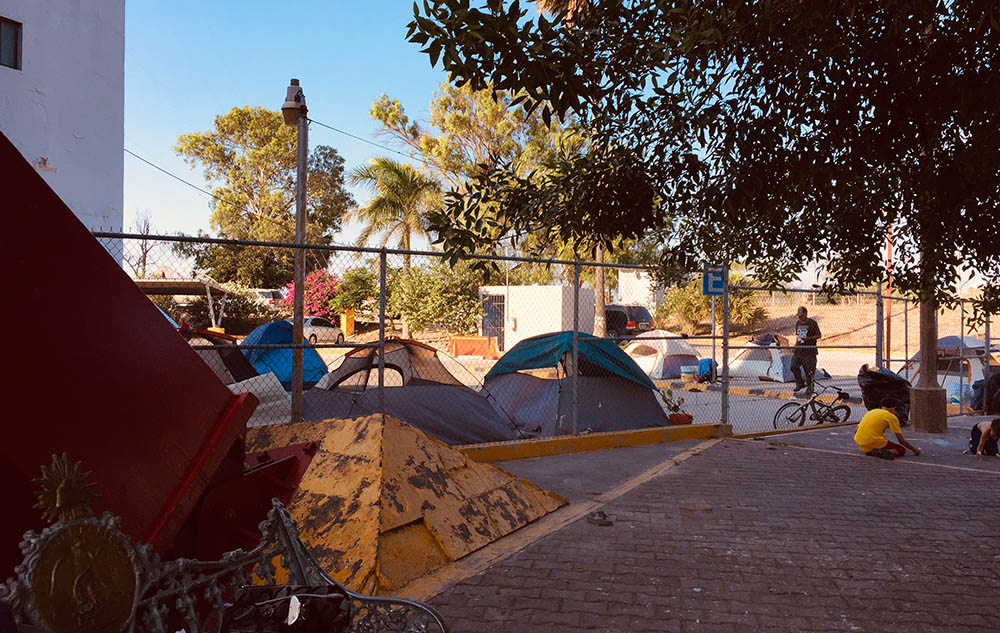
Óscar Martínez and his family arrived in Matamoros early on June 23rd and went to the U.S. consulate to try to get a date to request asylum. Only two weeks prior, I was in Matamoros on a rights monitoring trip. There, people waiting on the Mexico side of the border explained to me that Mexican immigration officials maintain a list of around 1,900 people seeking to enter to claim asylum. Around 40 to 45 asylum seekers were being allowed in each week. Most of the people on the list did not stay, however, particularly those with families coming from Central America. The danger of waiting in Matamoros was too severe.
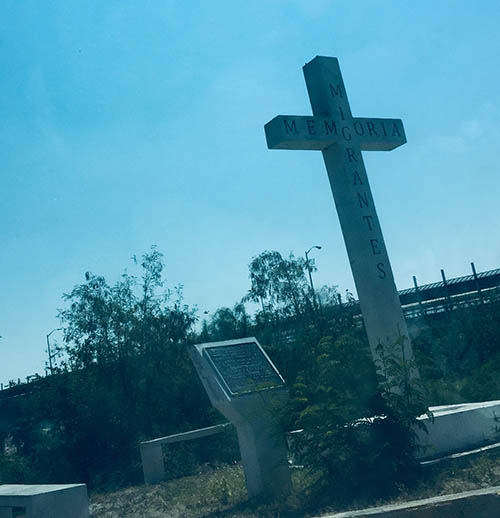
The people I spoke with were mostly single men and women from Venezuela and Cuba waiting their turn, staying in tents near the entrance of the bridge. A man from Cuba (who asked not to be identified by name) told me on June 8th how hard it was to stay in Matamoros. There is organized crime there and extortion by local police and immigration officials. People are forced to risk crossing the river because they cannot survive waiting weeks, sometimes months. While U.S. officials appeared to give preference to people with families, the process is arbitrary and cloaked in secrecy.
After Óscar and his wife Rosa arrived to Matamoros and were unable to present themselves to U.S. authorities to request asylum, they decided to attempt to swim across the river on June 23rd with their daughter, Valeria. Óscar and Valeria’s bodies were discovered the next day, a few hundred yards from where they had tried to cross and a half-mile from an international bridge.
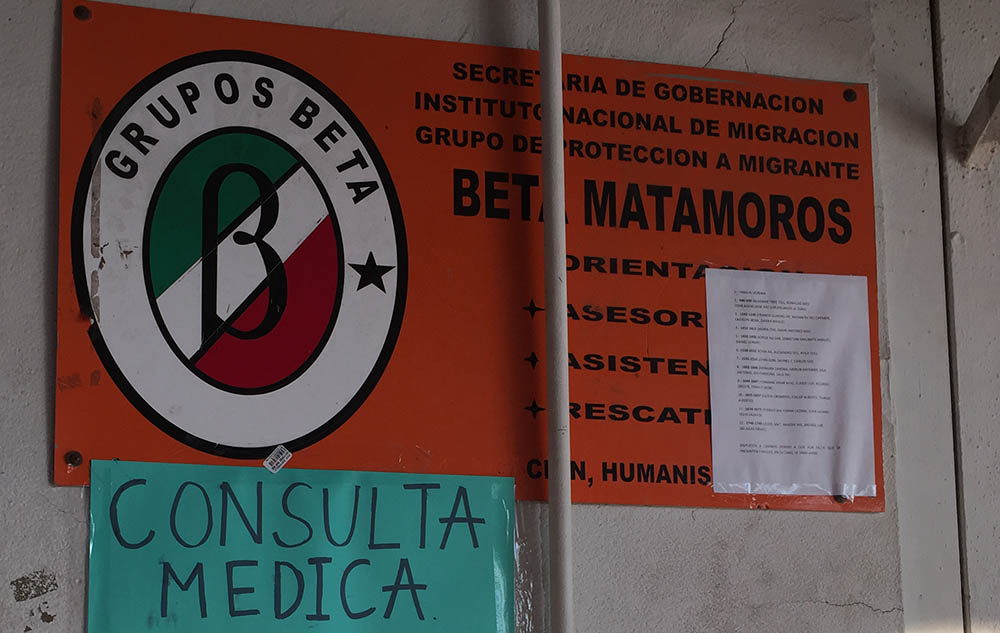
U.S. policy is fueling organized criminal networks and smuggling rings by forcing migrants to wait in Mexico. People with resources bribe their way to the top of the lists; there is constant extortion, and corrupt officials prey on people turned back from the border. On June 9th, I visited Reynosa - another border city 55 miles West of Matamoros - where more than 800 people were living in encampments in a local shelter, from Cuba, Venezuela, Honduras, Guatemala, El Salvador, Nicaragua, and Mexico. U.S. Customs and Border Protection (CBP) allowed a few people to enter every week, while drug gangs targeted migrants outside of the shelter.
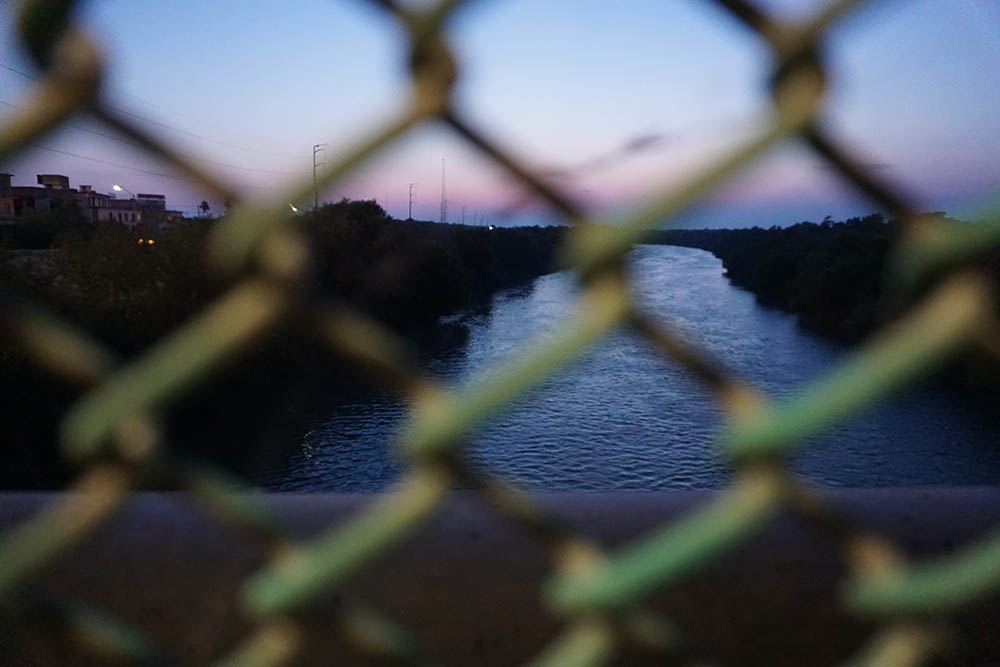
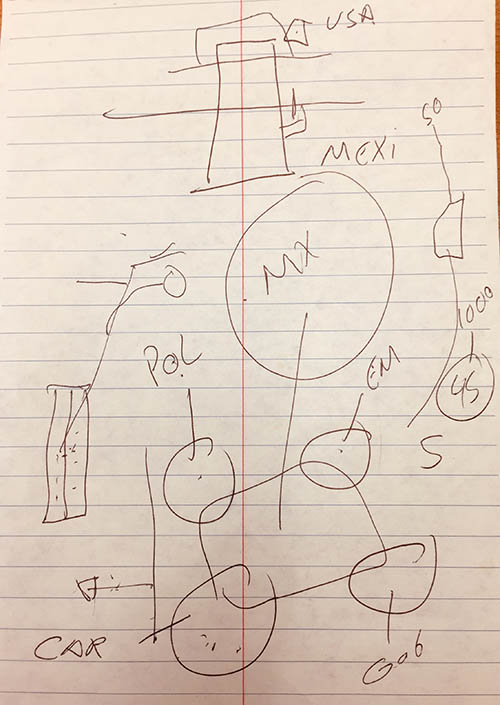
People I spoke with in Reynosa confirmed human rights reports that Mexican immigration officials kidnap and extort migrants in the region. A Venezuelan man traveling with his wife and child were extorted by Mexican immigration officials on May 22, 2019, traveling from Monterrey to Reynosa by bus. An immigration official entered the bus asking for documents, threatened to deport the man and his family, until the man paid $1,000 for the official to let them continue on the bus to Reynosa. Another man from Cuba was extorted by immigration officials when he arrived to Reynosa. He paid $1,000 to the official to let him pass. The man described a web of corrupt organized criminal activity and drew a diagram of the network for me, involving Mexico police and immigration officials, fueled by U.S. policies blocking migrants from entering the United States.
Asylum seeking families who decide not to wait in Mexico say they understand the risks of crossing the Rio Grande River, but it is unsustainable to wait in Mexico. Families I interviewed on June 8th and 9th in McAllen, Texas all said they had heard about deaths of people trying to cross the river, but also heard that officials at ports were not letting people in, so they felt the river was their only option. So, the families crossed the river and sought the nearest border patrol station to request asylum.
The U.S. Department of Homeland Security (DHS) Inspector General has found, and CBP officials have even confirmed, that turning people away at ports of entry leads to an increase in border crossings between ports. After being turned away, if they do make it across the Rio Grande River or other deadly crossing points outside the official entry points, they face the risk of being prosecuted for the crime of crossing the border, serving jail time, and having their children taken from them.
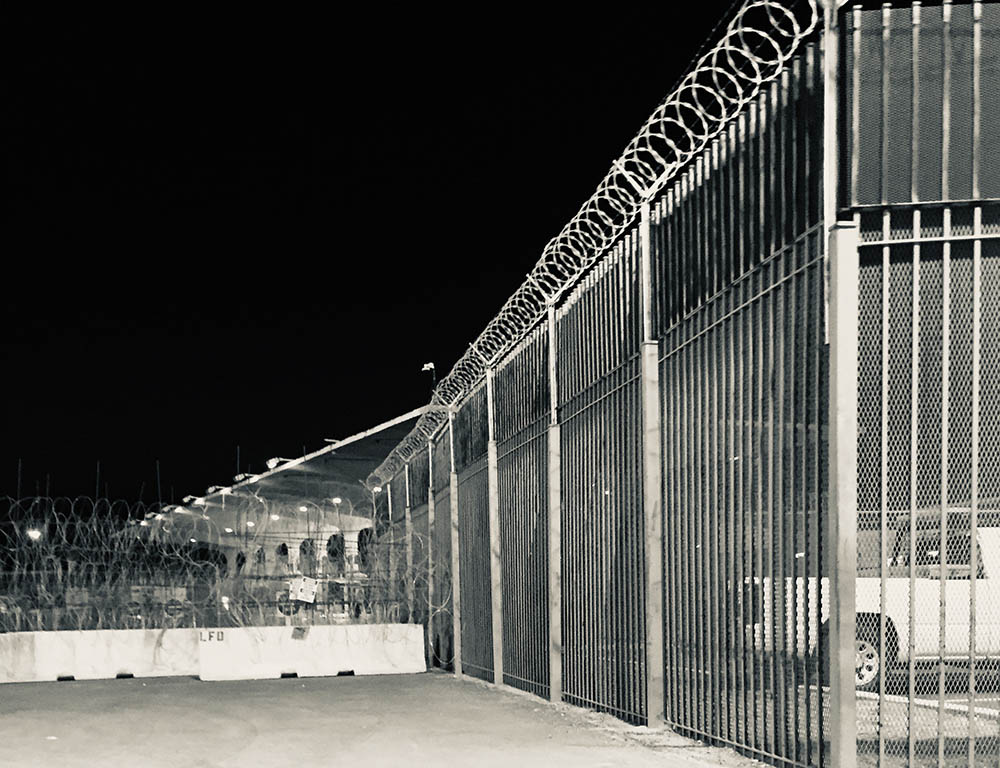
The border aid bill controversy – calls to defund hate
Despite widespread opposition, House Speaker Nancy Pelosi surrendered to the Senate’s emergency “border aid” package yesterday, with none of the additional migrant child protections or accountability measures in the House version. The bill includes funding for DHS, the Pentagon, and the Justice Department for more militarization, enforcement, and detention camps. Funds provided to CBP and the Department of Health and Human Services give the agencies wide discretion to engage in the detention of children with minimal protections in place to ensure their welfare and safety. Additional resources without accountability checks only gives the administration free reign to carry out their hateful objectives, forcing migrants to cross over deadly terrain and punishing them with prosecutions, detention, and separations when they do. There are myriad alternatives to jailing families, but the administration chooses to build more encampments and expand policies that violate the right to seek asylum.
If Congress actually wants to change what is happening at the border, they need to defund the Trump administration’s hateful agenda and demand the repeal of the administration’s cruel border policies.
Jesse Franzblau is senior policy analyst with NIJC.
